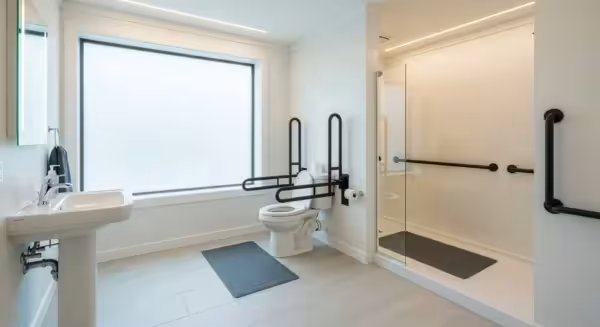
Frequently Asked Questions
1. Can I get housing assistance if I already own a home?
Generally, rental assistance programs like Section 8 and Public Housing are for renters, not homeowners. If you own a home, you are typically not eligible for these subsidies. However, there are other forms of government aid for senior homeowners. The U.S. Department of Agriculture (USDA) offers a Section 504 program that provides loans and grants to very low-income homeowners in rural areas to repair or modernize their homes. Your local Area Agency on Aging can also connect you with programs that help with home modifications for safety and accessibility, such as installing ramps or grab bars.
2. How long are the waitlists for senior housing programs?
This is one of the most common questions, and unfortunately, there is no single answer. The length of a waitlist depends entirely on the program, your location, and the level of demand. In large metropolitan areas, waitlists can be five to ten years long, and some may even be closed to new applicants. In smaller, rural communities, the wait might be a year or two. This is why it is so critical to apply as early as possible and to as many different programs as you can.
3. What happens if my income increases slightly while I’m receiving assistance?
You must report the change to your housing authority immediately. An increase in income will not automatically disqualify you. For programs like Section 8 or Public Housing, your rent contribution is recalculated based on your new income. For instance, if your income goes up by $100 a month, your portion of the rent would likely increase by about $30. You would only risk losing your assistance entirely if your income rises above the program’s eligibility limit for a sustained period.
4. Are there housing programs specifically for seniors with disabilities?
Yes. The Section 202 program is designed for seniors, and many of these properties are built with accessibility features to accommodate physical disabilities. Additionally, both the Housing Choice Voucher and Public Housing programs give preference to applicants who are elderly or have a disability. When you apply, be sure to disclose any disabilities, as it may move you to a higher priority on the waitlist. There are also non-profit organizations that specialize in housing for individuals with specific needs.
5. Can my family members or a caregiver live with me in subsidized senior housing?
The rules vary by program. In most cases, a spouse can live with you. Other family members, like an adult child, can sometimes be included in the household if they were part of your family unit when you applied. Some programs also make allowances for a live-in aide or caregiver if you can demonstrate a verifiable need for their assistance to live independently. You must get official approval from the housing provider before anyone moves in; an unauthorized resident is a violation of your lease and can lead to eviction.















